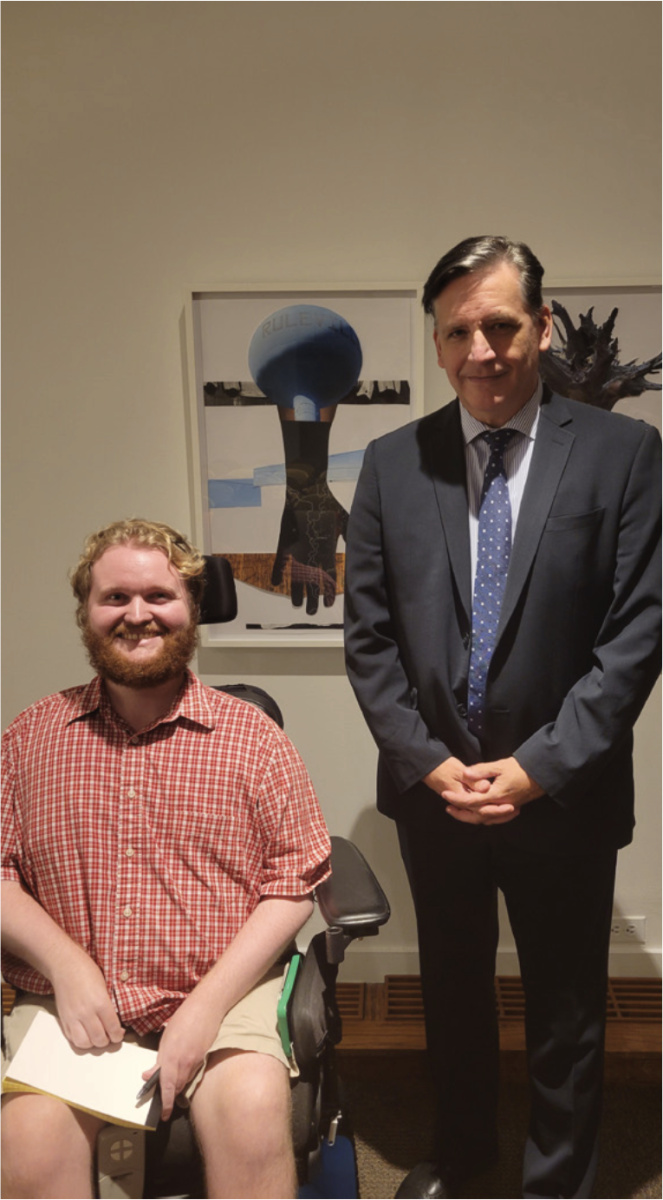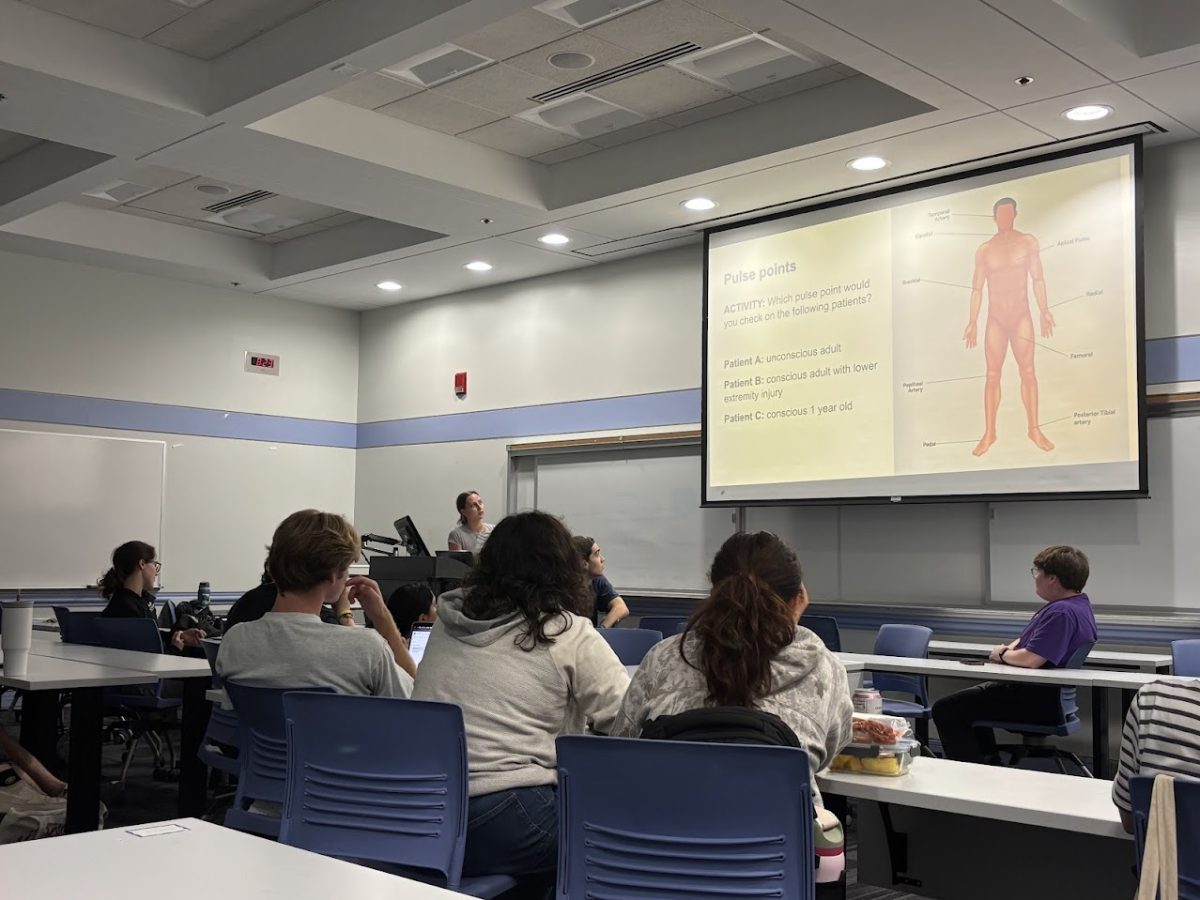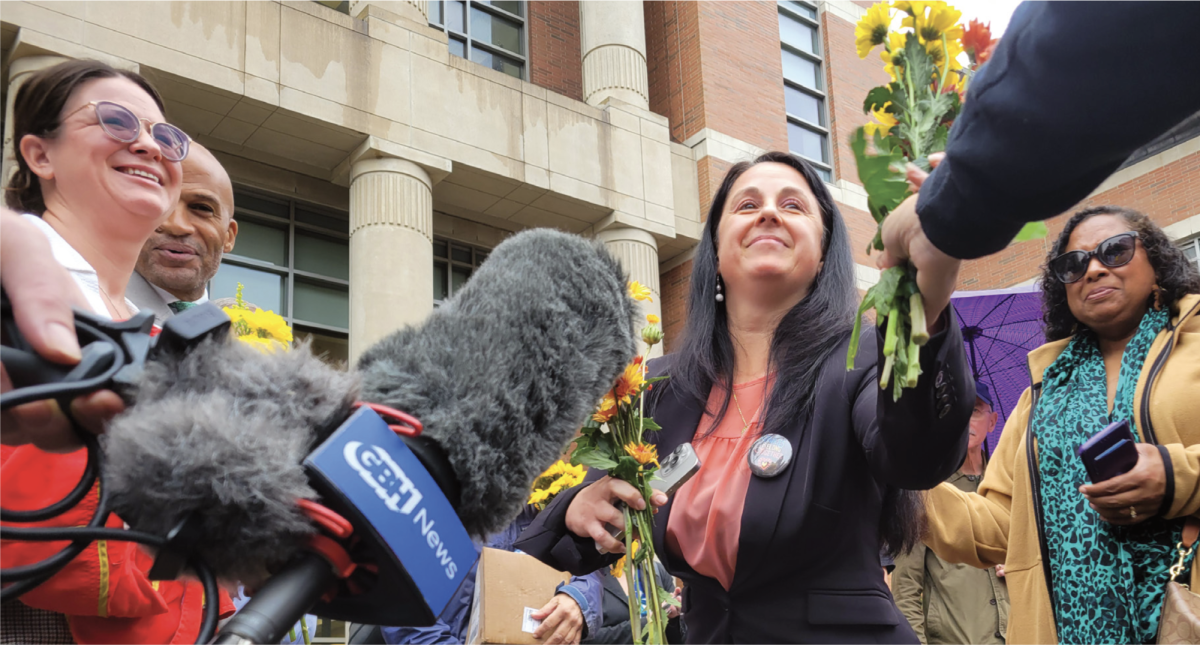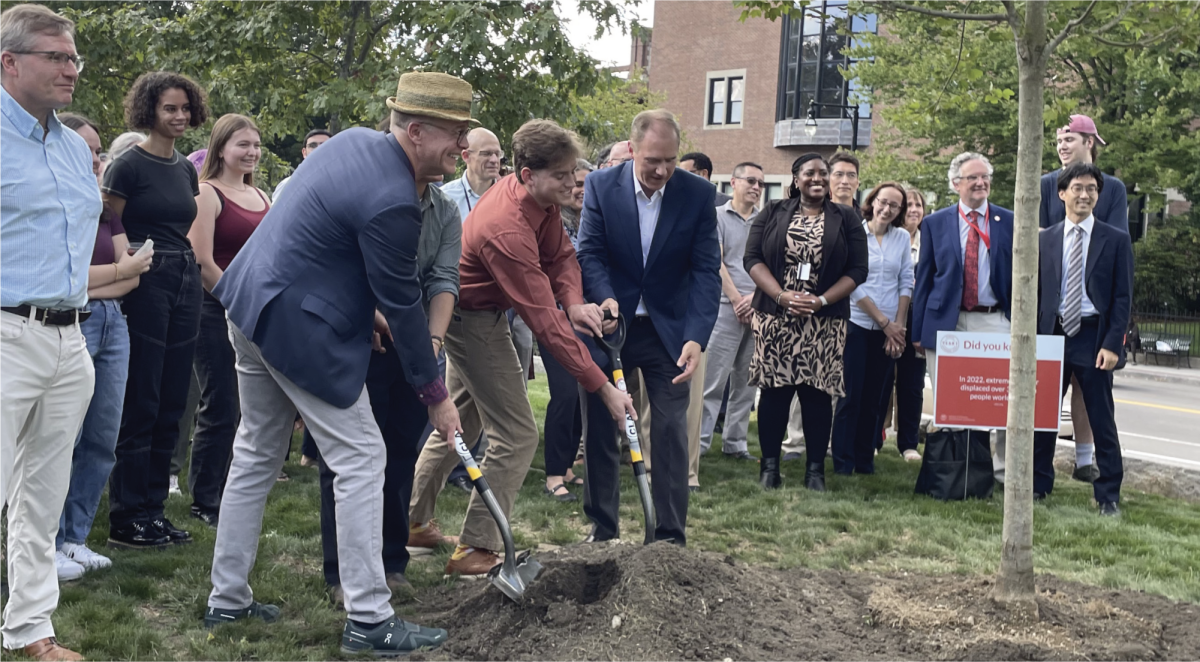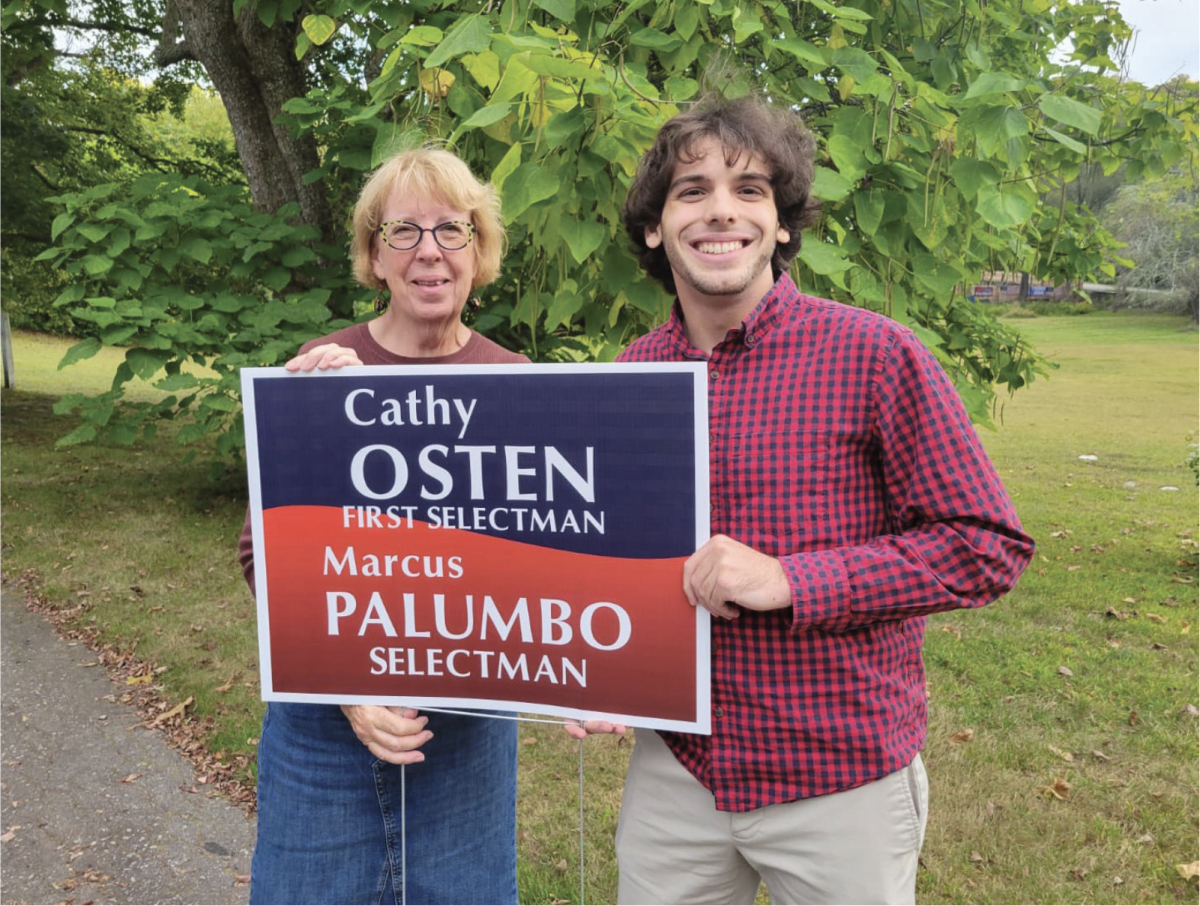In a January 2 communication on the Clark University website, since taken down, President David Fithian announced that the position of Vice President and Chief Officer of Diversity, Equity, and Inclusion (DEI) was “set to be eliminated” in Spring 2025. Additionally, Margo Foreman, who most recently held the position, left Clark University upon learning about the change.
“The elimination of Margo’s position should not be construed as any reduction in Clark’s commitment to diversity, equity, and inclusion,” Fithian wrote. “These remain core values of the institution and of me as president.”
In his communication, Fithian hinted at the new direction of DEI at Clark, specifically that it would be a “collaboration among several offices and staff” including the Provost’s Office, the Division of Student Success, Human Resources, and the faculty Committee on Diversity Equity and Inclusion. Foreman and Fithian previously co-chaired the University Diversity Action Council, and according to Fithian, this program will remain in place despite Foreman’s departure.
“True to her wonderfully pragmatic approach, Margo has accepted with grace the elimination of her position as part of our efforts to right size the University’s operations,” Fithian wrote. “She assures me she will continue to consider herself a member of the Clark family and I know you join me in expressing our gratitude for her role here over the past three years.”
Part of a Larger Pattern?
A January 13 follow-up email to the student body confirmed the reconfiguration of DEI at Clark, which Provost John Magee and Dean Kamala Kiem said “continues to be a high priority at Clark.”
In the email, Magee and Kiem cited the current admissions climate as explanation for the need to shrink the DEI department, as well as “programs, services, and other aspects of [Clark’s] academic offerings.” They wrote that institutions of higher education in the Northeast in particular are seeing the need for these shifts due to decreased enrollment.
“Fewer students are enrolling in higher education,” Kiem further explained in an interview with The Scarlet. “Hence, we must make adjustments in programs, services, and other aspects of our academic offerings while still honoring our commitment to creating the most meaningful experience for our students and ensuring we remain strong well into the future.”
“A distributed model is consistent with what has been articulated in institutional strategic planning,” Kiem continued. “We also are confident this approach will facilitate even greater diversity, equity, inclusion, and belonging…engagement across campus.”
These changes to the structure of DEI come following a December 20 communication to students from Magee that confirmed a proposed plan to “reimagine” several academic programs, which he wrote was “necessary to address substantial challenges facing higher education generally.”
A more specific outline of this plan was found on a Facebook page for parents of Clark students, “Clark University Families Group,” and includes “discontinuing” or “restructuring” the Ancient Civilization, French and Francophone Studies, Asian Studies, Comparative Literature, Theater Arts, Music, Philosophy, Combined Languages, Education, and Studio Art departments. Also listed are Master’s programs in English, Community Development and Planning, and Communication, as well as Chemistry and Physics (undergraduate and Ph.D.), Finance, and the Center for Gender, Race, and Area Studies.
It is unlikely these academic changes are directly connected to the discontinuation of the DEI position at Clark.
The New System
The new model for DEI at Clark will be led by Peyton Wu, whose position as Director of Identity, Student Engagement, and Access (ISEA) has been expanded to Director of Student Engagement and Equity. Wu’s new position will include their duties as former ISEA Director, as well as Community Engagement and eSports.
Beyond Wu, the new system revolves around senior members of the Division of Student Success, the Office of the Provost, and the Office of Human Resources and Organizational Excellence. According to Magee and Kiem’s email, the Division of Student Success will run “identity-centered programs and career preparedness,” “bridge-building, workshops, and community-based partnerships,” as well as identity-based clubs, organizations, and affinity spaces.
“We are excited about the opportunity to streamline and elevate work in these areas and know it will create an intersectional and collaborative approach with our students,” Magee and Kiem wrote in their January 13 email.
Kiem explained in an interview that her position specifically will involve heavy collaboration with Wu, with an emphasis on “students’ sense of belonging, representation, retention, graduation rate, academic excellence, career outcomes, and more to ensure that all our students are thriving at Clark University.”
“We will also work closely with the Dean of the College and the rest of the Provost team to ensure a robust DEIB student experience,” Kiem said.
The Office of the Provost will prioritize “faculty recruitment, leadership training, and support,” developing course curriculum, and “teaching and research mentorship,” according to the communication. The Office of Human Resources and Organizational Excellence will focus on bias incident reporting and “staff recruitment, training, and support.”
According to Kiem, President Fithian remains chair of the University Diversity Action Council, which will remain unchanged and “serve as a coordinating body” between these departments. Further, the process for filing bias incident reports, for example, has not changed: students wishing to file such complaints will now do so through the Office of Human Resources.
“DEIB has always been a key responsibility and guiding principle for all of us in the Division of Student Success,” Kiem concluded. “The work of the division will intensify even more with the recent changes.”
According to the email from Magee and Kiem, there will be a student forum in Tilton Hall at 12:00 PM on January 30 to “ask questions” and “address [student] ideas and concerns.” Kiem encouraged students to attend.


